DialogueNEXT India brought together farmers, policymakers, researchers, and business leaders from across the Global South to reimagine how food systems can secure peace, resilience, and prosperity in a time of rapid change.
Farmers’ Voices at the Center
Some of the most powerful moments came from the farmers themselves. Testimonies from across India showed how innovation in the field is already transforming lives. Farmers spoke about the benefits of conservation agriculture, the adoption of improved wheat and maize varieties, and practices that reduced costs, improved soils, and gave families more time.
Their stories underscored a simple truth: resilience is built farm by farm, household by household — and even small changes in technology and practices can have a lasting impact on livelihoods and communities.
Partnerships Without Borders
From India, Bangladesh, Bhutan, Nepal, and Mexico, leaders highlighted the importance of South–South collaboration. As Dr. Víctor Villalobos noted, CIMMYT’s MasAgro initiative in Mexico proved that when farmers, researchers, and policymakers join forces, climate-smart solutions can scale. The challenge ahead is to build similar bridges with India, creating opportunities to co-develop and co-create innovations.
Linking Food Security and Peace
Speakers also explored how food security and peace are deeply intertwined. In a conversation featuring CIMMYT’s Sharon Burke, voices from FAO, the Government of India, and the Indian Air Force stressed that building resilient food systems reduces conflict and fosters stability.
CIMMYT’s Enduring Role
CIMMYT Director General Bram Govaerts reminded participants of the historic bond between India and Mexico. This partnership helped spark the Green Revolution, transforming India from dependence on food aid into a grain powerhouse. Even today, six of India’s top ten wheat varieties trace back to CIMMYT germplasm — proof that global science, when shared, delivers lasting impact.
CIMMYT’s message throughout DialogueNEXT India was clear:
- Farmers drive innovation.
- Partnerships fuel solutions.
- Investments in agricultural R&D are essential to feed 1.8 billion people in South Asia.
Tools for Action: ACASA and ACAR
CIMMYT also highlighted the role of science-based tools in guiding smarter investments and farmer-centered interventions:
- ACASA (Atlas of Climate Adaptation in South Asian Agriculture) helps identify where adaptation is most urgent and which actions can deliver the greatest impact.
- ACAR (Agricultural Resilience for Conflict Prevention Initiative supports agricultural resilience by helping policymakers, researchers, and partners set priorities that respond directly to farmers’ needs.
Both tools underscore CIMMYT’s commitment to turning data into action, ensuring that evidence translates into real benefits for farming communities.
Together with ICAR and the World Food Prize Foundation
DialogueNEXT India was co-hosted with ICAR and the World Food Prize Foundation, two institutions that share CIMMYT’s mission of strengthening food systems. Their involvement reinforced that collective action — across borders, sectors, and disciplines — is the only way to deliver farmer-centered, climate-smart solutions at scale.
Looking Ahead
DialogueNEXT India closed with one resonating truth: the future of food security begins with farmers. Their testimonies, innovations, and resilience are the foundation on which sustainable food systems are built.
CIMMYT will continue to ensure that science turns into solutions, ideas into impact, and innovation into resilience.
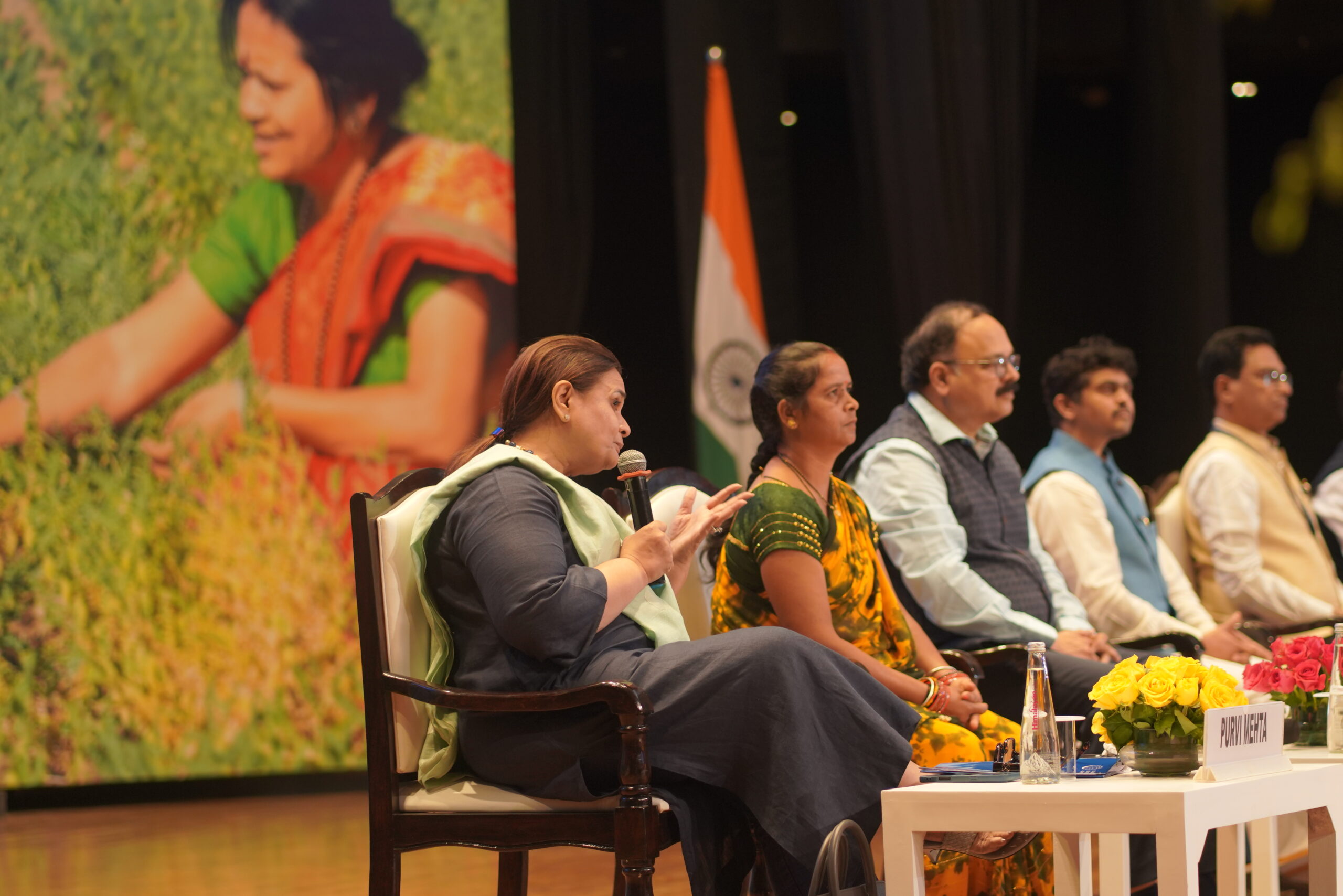
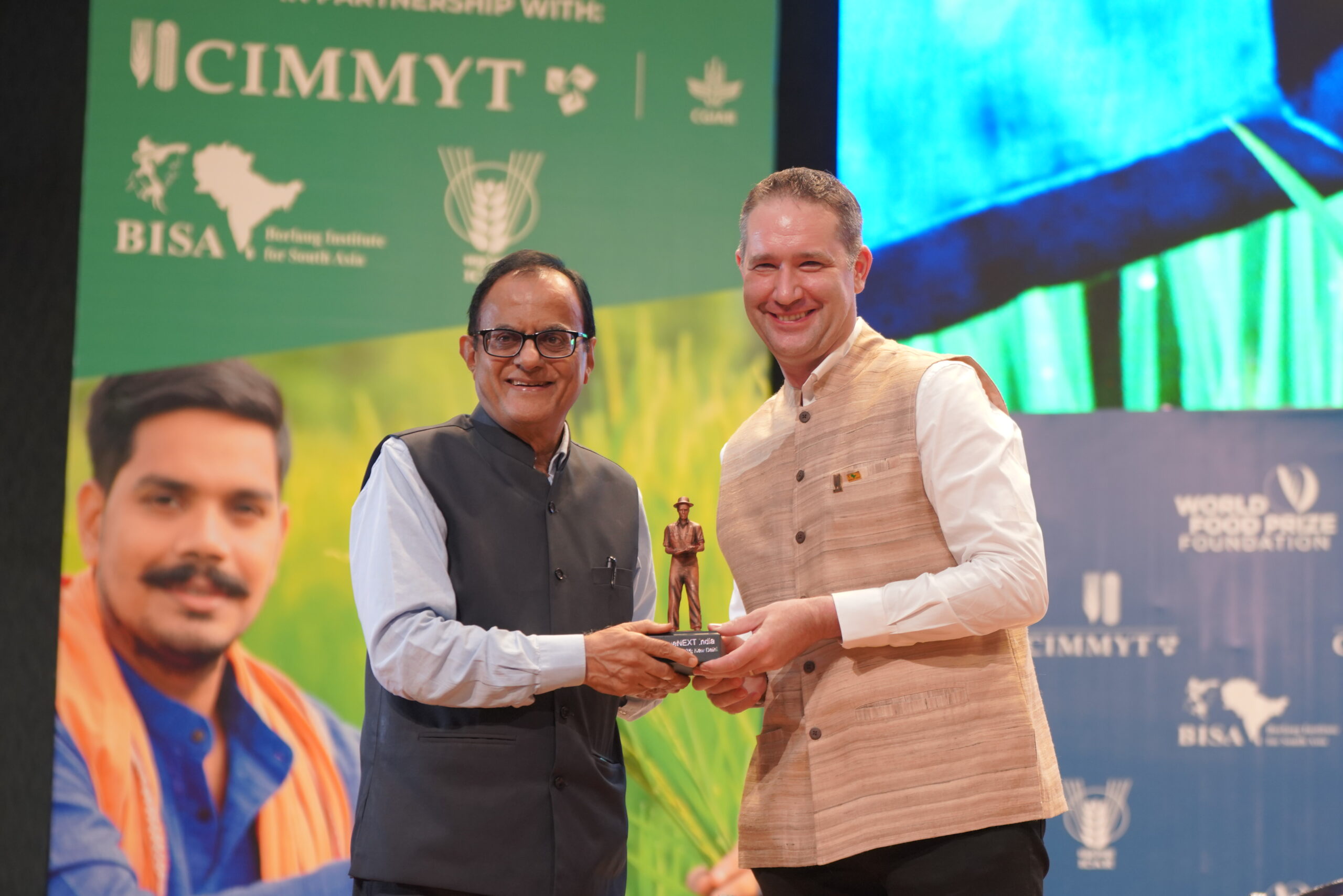
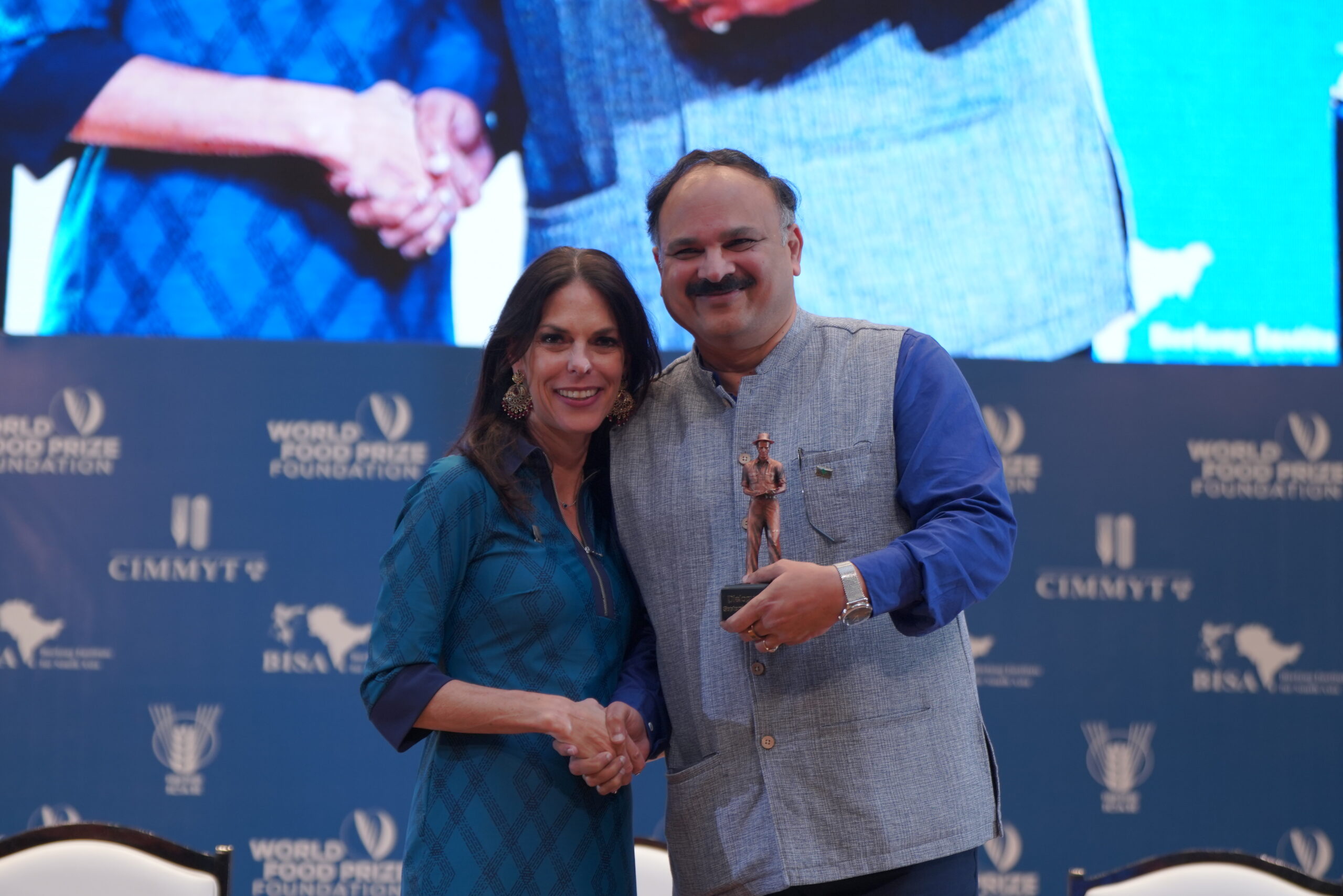
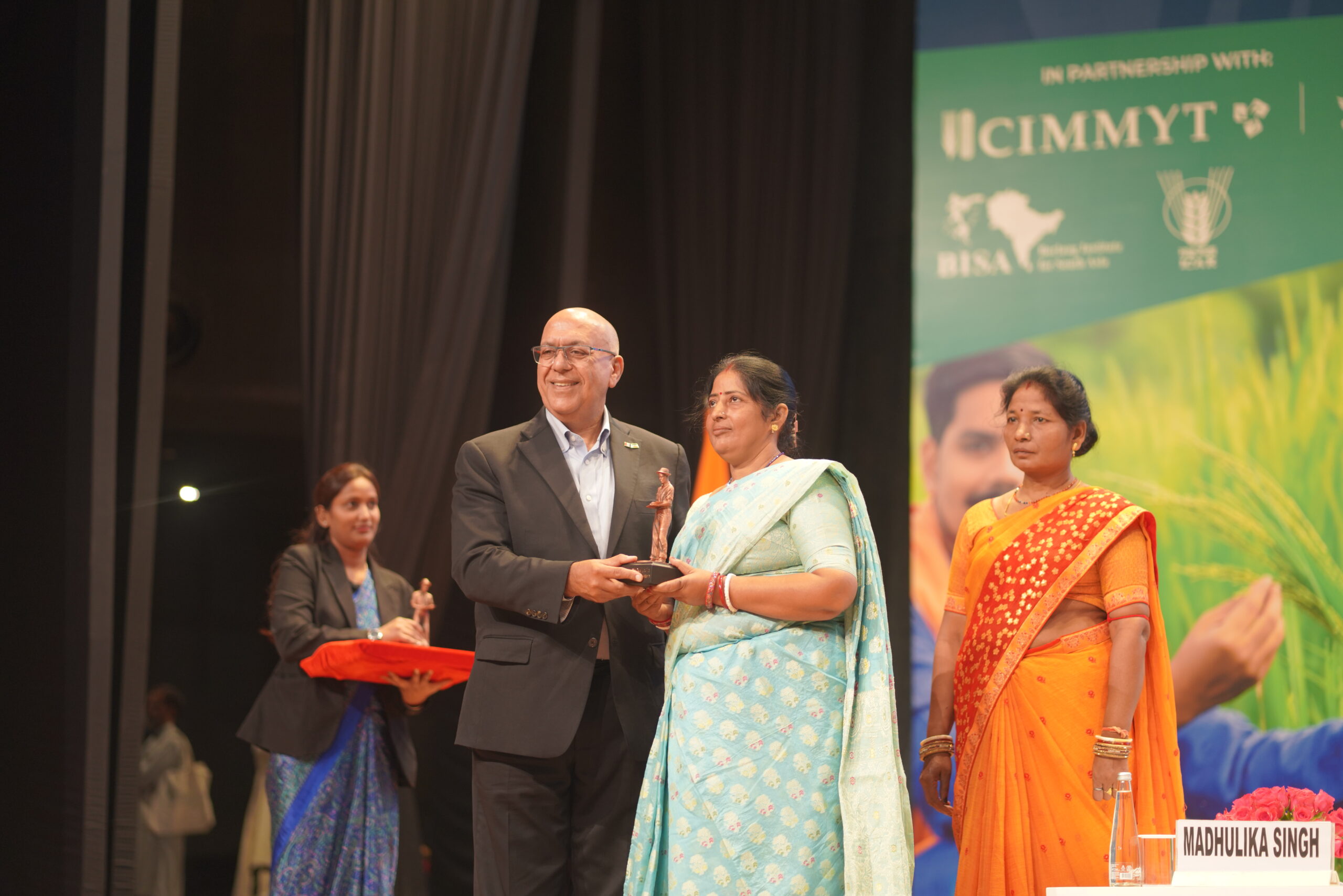
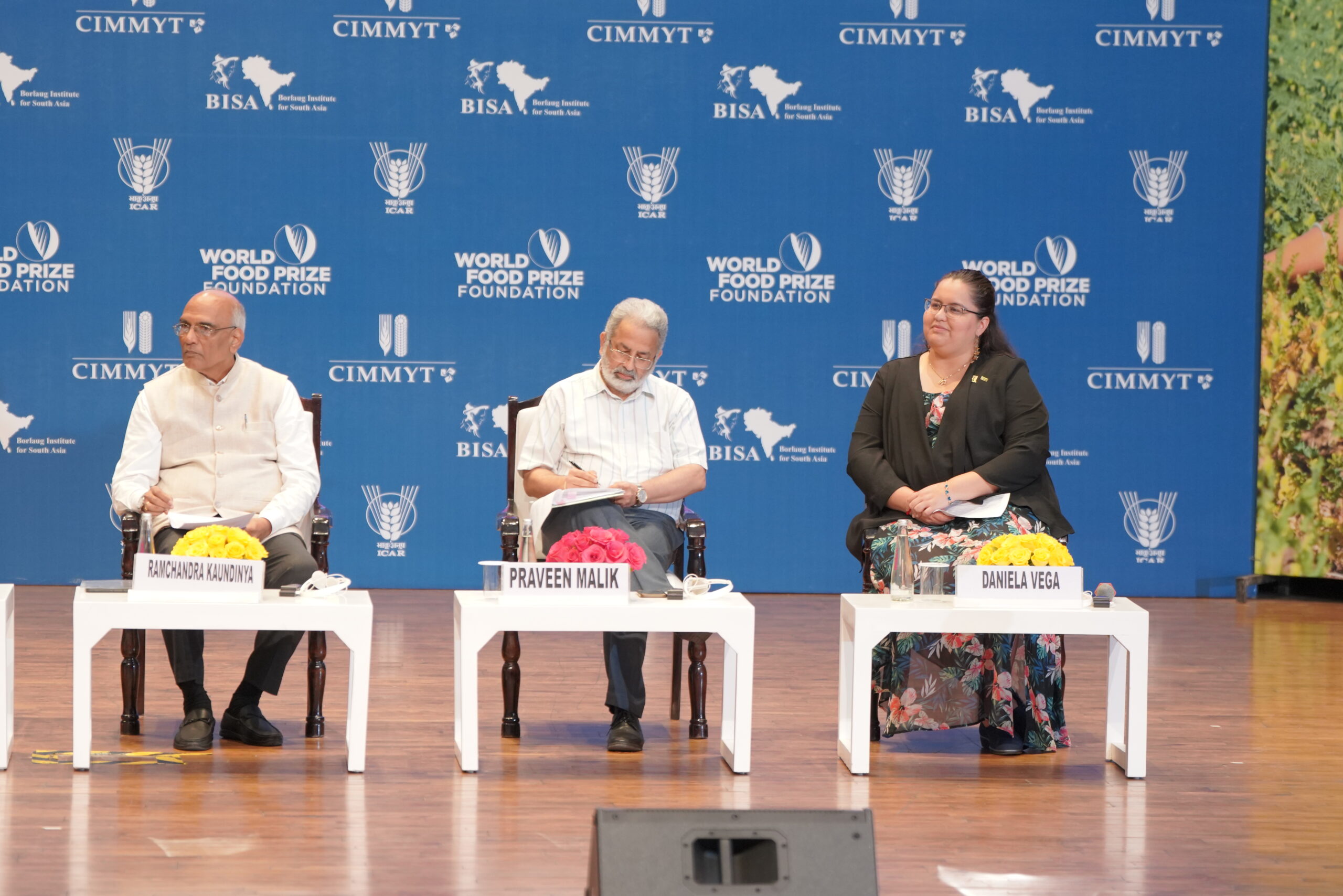
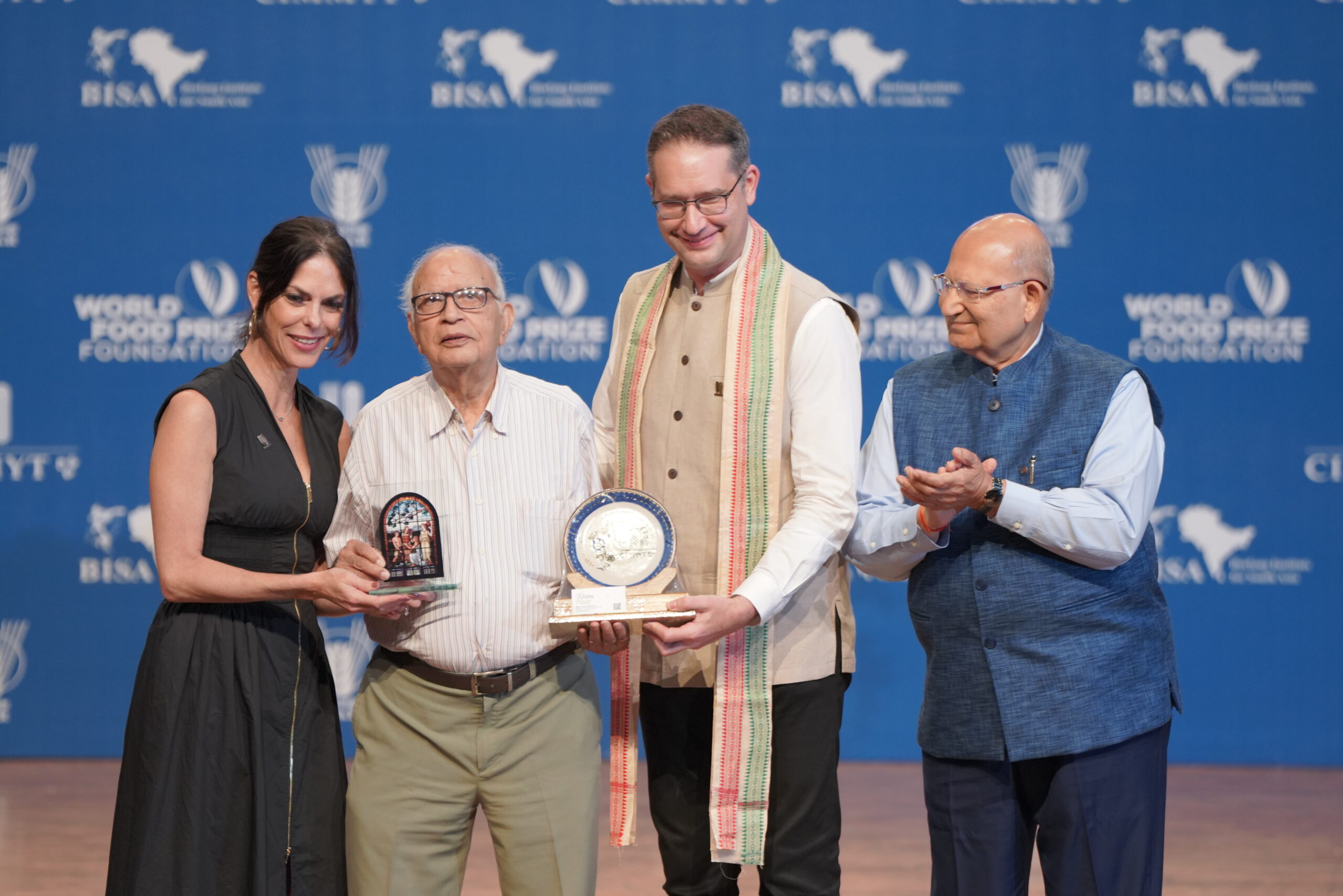
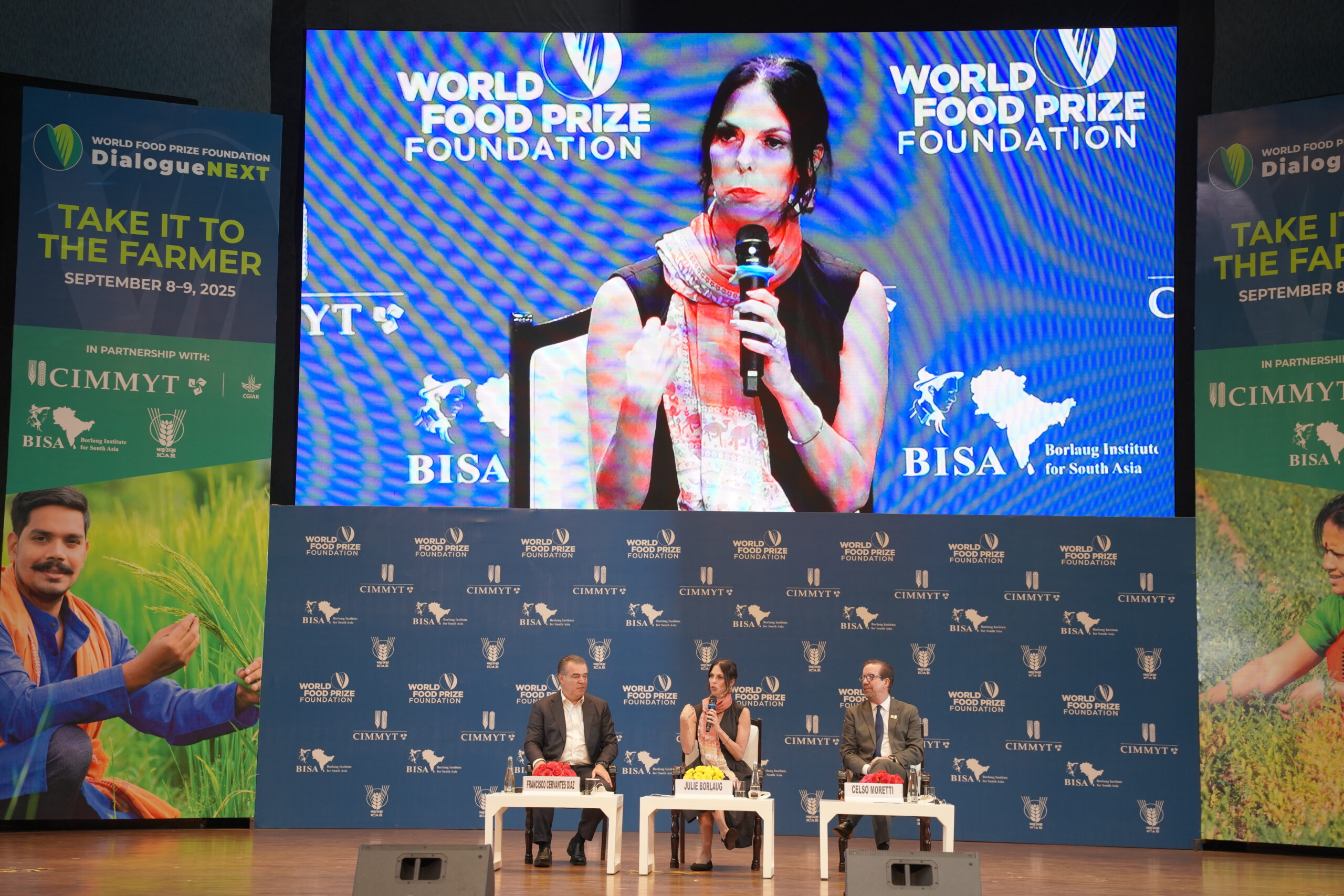
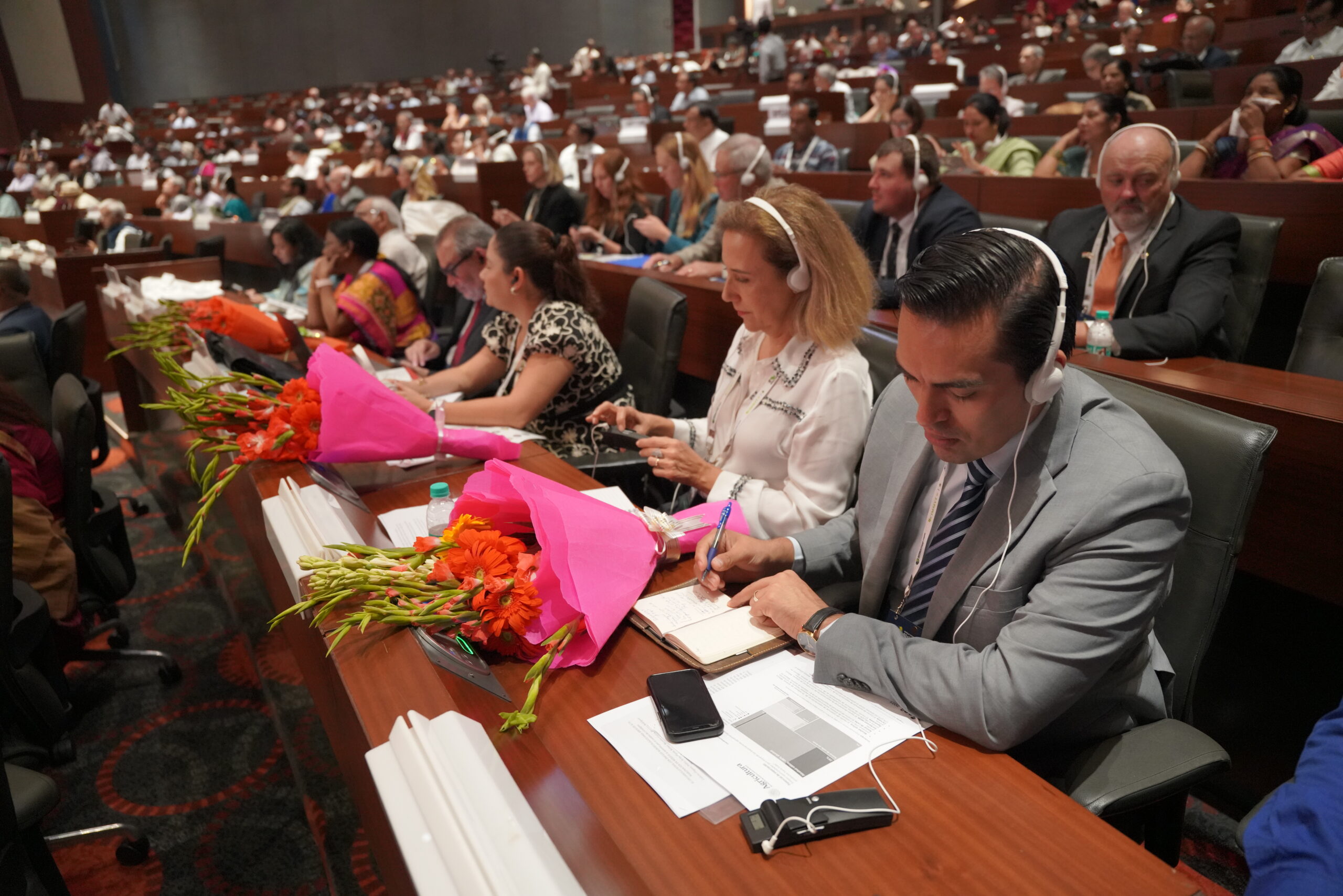
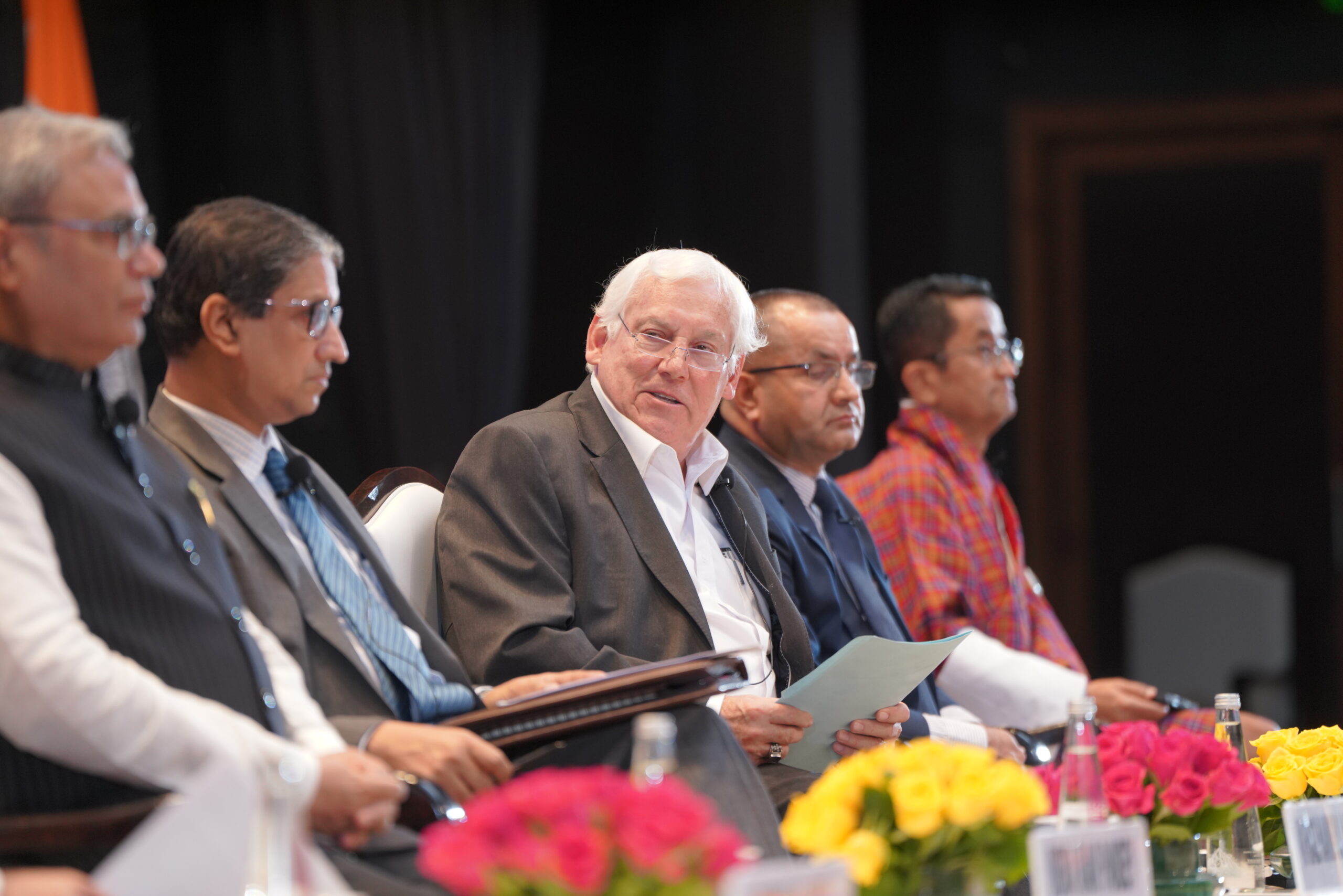
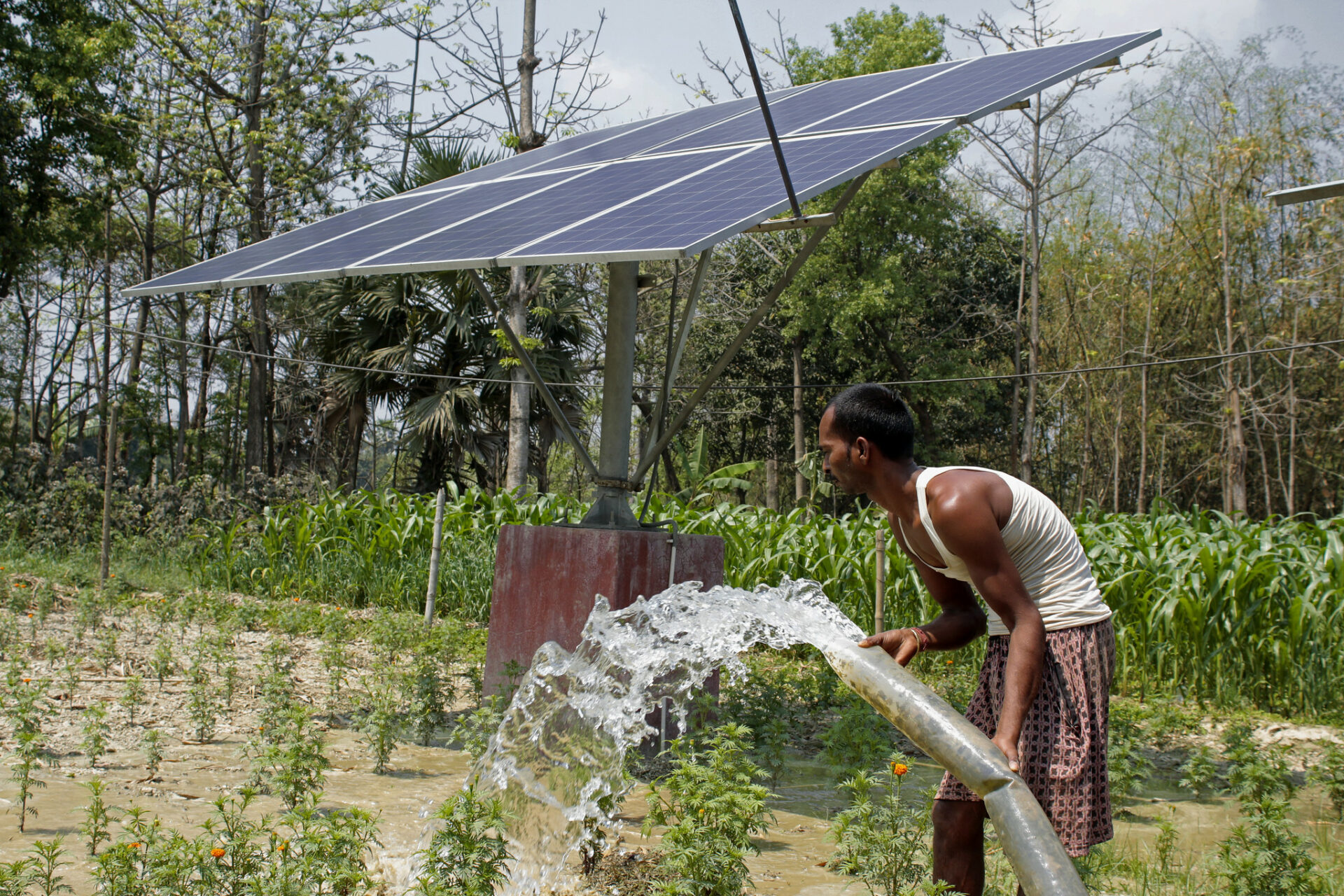
 Nutrition, health and food security
Nutrition, health and food security 
